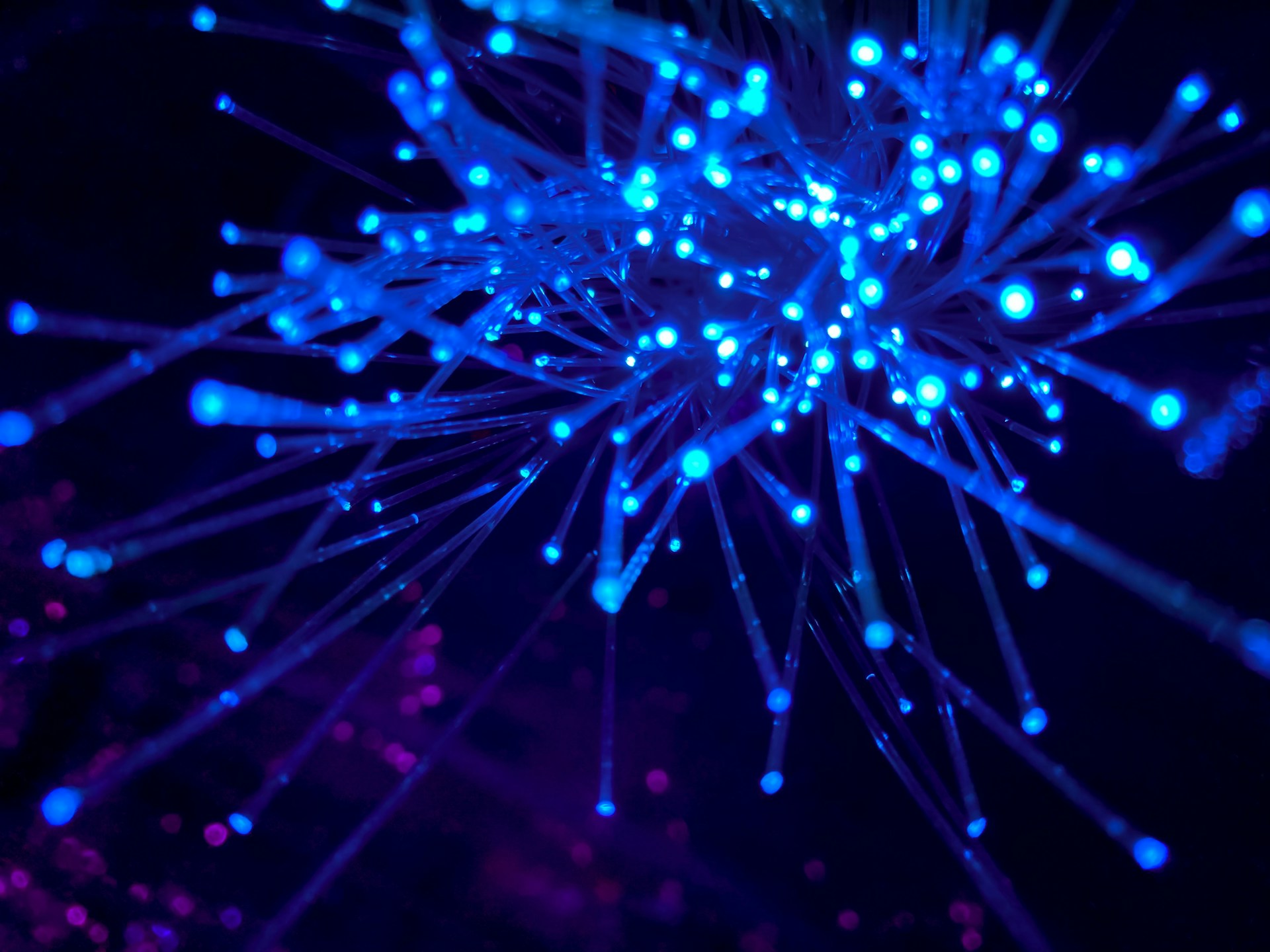
NEW PROPOSED REGULATION IN THE FIELD OF ARTIFICIAL INTELLIGENCE IN 2024
Artificial intelligence (AI) is the science and engineering that allows computers and machines to simulate human intelligence and resolution capabilities (McCarthy, J., 2004; IBM, 2024). (Medium, 2023; Brown, S., 2021). Artificial intelligence systems, compared to common software that is limited to executing pre-programmed tasks, learn to perform functions, tasks, solve problems, and create things, since they simulate human reasoning.
Artificial intelligence represents new ways of creating, managing, and exploiting intellectual property, but it also opens discussion about questionings such as: can AI systems use the intellectual property of third parties and under what terms? Can an AI system be considered the author of an intellectual property right? Or would the author/owner of the AI system be the author?
Currently, few countries have legislated in this regard. In Mexico, the bill in this matter was published in the Parliamentary Gazette on March 12, 2024, which proposes to reform and add various provisions to the Federal Copyright Law, presented by Margarita García García. The bill proposes allowing copyright holders and artists the right to authorize or prohibit the manipulation, creation or derivation of material generated by AI. The bill also establishes as infringements creating material through AI using the image of a person without their authorization and manipulating copyright without the consent of its owner.
Although the bill resolves some points, multiple problems are not considered, such as, who do I sue for the unauthorized use of my intellectual property by an AI system? Considering that there are no laws about AI, individuals can protect themselves through intellectual property strategies, which may include patents, copyrights, industrial secrets, contracts/agreements, comparative law and the combination of these.
At VILA we can help you generate strategies to protect your intellectual property, evaluating and preventing the risks involved with AI.
